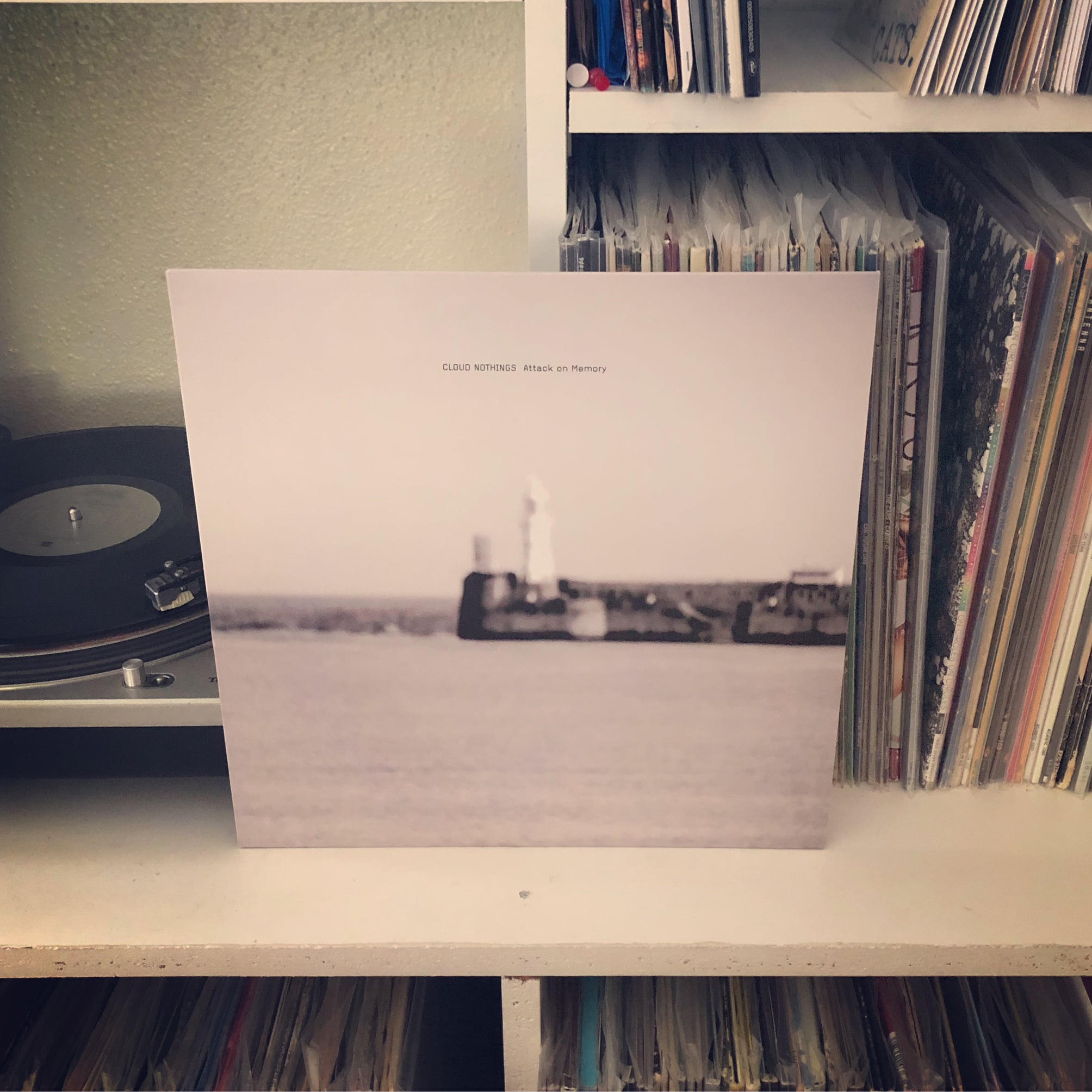 There was once a point in my life where most of my music was discovered through Pitchfork.com’s Best New Music section. Trashy hipster hellscape Pitchfork may be, I made a number of great discoveries there, such as Grizzly Bear, Diiv, St. Vincent, and even Deafheaven.
There was once a point in my life where most of my music was discovered through Pitchfork.com’s Best New Music section. Trashy hipster hellscape Pitchfork may be, I made a number of great discoveries there, such as Grizzly Bear, Diiv, St. Vincent, and even Deafheaven.
I mention this only because for the life of me, I don’t understand how I missed this album when it came out, as highly regarded as it was by the publication that I held in such high regard. I know I gave it some listen, but there must have been some sort of denseness to it that demanded a closer inspection that I always intended to give it, but it was always just outside my grasp.
But a few days ago, I decided it was finally time for that deep dive, and what a rewarding dive it’s been.
Cloud Nothings began its life as just one of many projects by music student Dylan Baldi. As legend tells, he started a number of MySpace pages for different “bands” to share his work in various genres. Cloud Nothings, originally a lo-fi powerpop group, got some attention and led Baldi to adopt it as his main project.
But after a couple self-record bedroom pop releases, Cloud Nothings took a sharp turn. Attack On Memory is their first album to be recorded as a full band, and it has an energy that one would be hard pressed to create alone in their basement.
Much has been said about the dark brooding of tracks like like the ominous opener “No Future/No Past” and the nine minute scorcher “Wasted Days,” both of which feel perfectly represented by the sparse, barely-focused industrial landscape of the album cover. But that’s hardly the only shade on their palette.
There are still moments of lightness that hint to the group’s poppy origins. “Fall In” has an almost Beach Boys-esque sentiment in its choruses, punctuated by the frantic nervousness of the verses. Closer “Cut You” has shades of Weezer and Tom Petty. “Stay Useless” is practically cheery. Even “Wasted Days” has a few sections that demand a singalong (besides the nihilist cry of, “I thought there would be more than this”).
These shades of brightness keep it from being a completely bleak record, because at moments it is bleak. “No Sentiment” repeats a ringing, tremulous guitar note while chords crash around it. The instrumental “Separation” collides with itself, cymbals and guitars clanging against eachother in angst.
As dense as this record is, it’s a shock that it’s not quite thirty-four minutes long. The short run time is off set but the sheer mass of these tracks, some of which achieve the same sort of doomsday-esque foreboding as certain Godspeed You! Black Emperor in a fraction of the tape(sidenote: alongside this record, Steve Albini also produced GYBE’s Yanqui U.X.O.).
I still need a few (or several!) more spins to properly digest this record, but with the few I’ve given it the last week or so, I’m already kicking myself for wasting eight years ignoring a record that absolutely would have made it onto my Best of a Decade list.